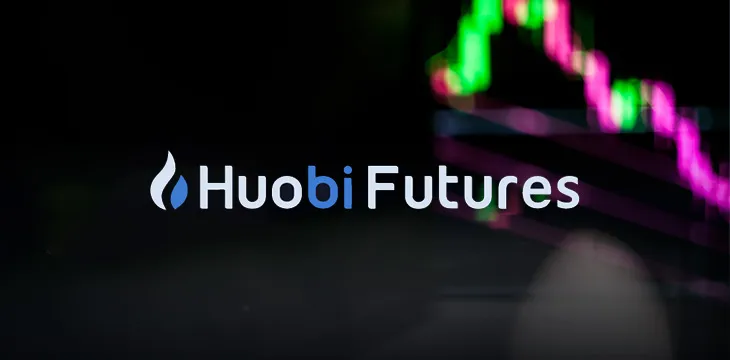|
Getting your Trinity Audio player ready...
|
Huobi Futures, the digital asset derivatives arm of the Huobi exchange, announced it is offering margined perpetual swaps for ten popular assets, including Bitcoin SV (BSV). The swaps are quoted in USDT, marking the first time Huobi Futures has offered such trades entirely in digital currency.
The 10 digital assets included in the first rollout are BSV, BTC, ETH, BCH, LINK, DOT, UNI, FIL, YFI and BNB. Trading is available starting October 26 only via web interface or the digital currency exchange‘s API, though Huobi said it would add the swaps to its mobile app in a week’s time.
The swap contract denomination is lower than Huobi Futures’ current USD swap offerings—0.001 BTC (around 12 USDT, or US$12). The existing BTC/USD swap contracts have a face value of around $100.
Huobi Futures is offering from 1x to 125x leverage on the contracts depending on traders’ needs. During an initial promotion period, its lowest transaction fee will be 0.025% (for market makers) and 0.026% (for takers). If a customer is a VIP member of both Huobi Futures and coin-margined swaps, whichever VIP level is higher will be used to calculate their fee.
The swaps include various order types, including limit, trigger, IOC and FOC. There are also other options such as “flash close,” and Follow a Maker/Taker. They may also pre-set profit-taking and stop-losses.
Huobi said its derivatives offerings have been designed and modeled by a core team hired from “top investment banks.” The platform also has hot/cold wallet separation, anti-DDoS protection and 20,000 BTC in security reserves. Its position liquidations follow a three-phase process, charging no fees for a partial liquidation. Its clawback mechanism will not be triggered if an insurance fund remains positive, though the company claims there have been no clawbacks since the platform launched in December 2018.
What’s a ‘perpetual swap’?
Huobi’s perpetual swap is a kind of futures contract useful to traders who want to hedge their bets in times of high price volatility. Unlike a standard futures contract, however, it has no expiry (or delivery) date. The contract instead settles every 8 hours, with traders able to add funds to the amount, taking a long or short position for as long as they wish (as long as there are no liquidations) depending on where they feel the market is headed.
Prices and profits/losses from Huobi’s perpetual swaps have previously been quoted and calculated in USD.
Whatever your views on Tether and/or high-leverage trading, the move reflects customer demand as well as the continuing popularity of the USDT stablecoin on digital asset trading platforms. In its announcement, the company noted that the total stablecoin market has grown from US$2.6 billion to $20 billion in the past year, and said “the data indicates a clear desire and hunger to use stablecoins for the transfer of value across the cryptocurrency space.”
Tether is not the only stablecoin out there, but it remains the most widely-used—at least on exchanges. Its value was originally backed by dollar-for-unit reserves of actual U.S. dollars, though later statements from its administrators indicate it is actually backed by less than 1: 1 of USD and a basket of other assets.
The purpose of stablecoins is to offer a fiat currency surrogate in which to park fiat value on an exchange platform without having to use actual fiat. Their use stemmed originally from the problems exchanges were having in moving real fiat currency in and out of their accounts. Although stablecoins are rarely if ever used in other situations, they could theoretically be—one possible use for smart contracts on the BSV blockchain is digitizing various other assets, including potentially any national central bank-backed currency.
The first-ever stablecoin based on the BSV blockchain is USDC, which launched recently. It’s the product of a partnership between RelayX and Run. While it has a long way to go before it becomes as popular with traders as USDT, Bitcoin BSV’s commitment to transparency and compliance among its corporate user base offers more chance that fiat reserves will be audited in the proper manner.
See also: Bayesian Group’s presentation at CoinGeek Live, Modern Finance on the Bitcoin SV Blockchain

 07-19-2025
07-19-2025 





